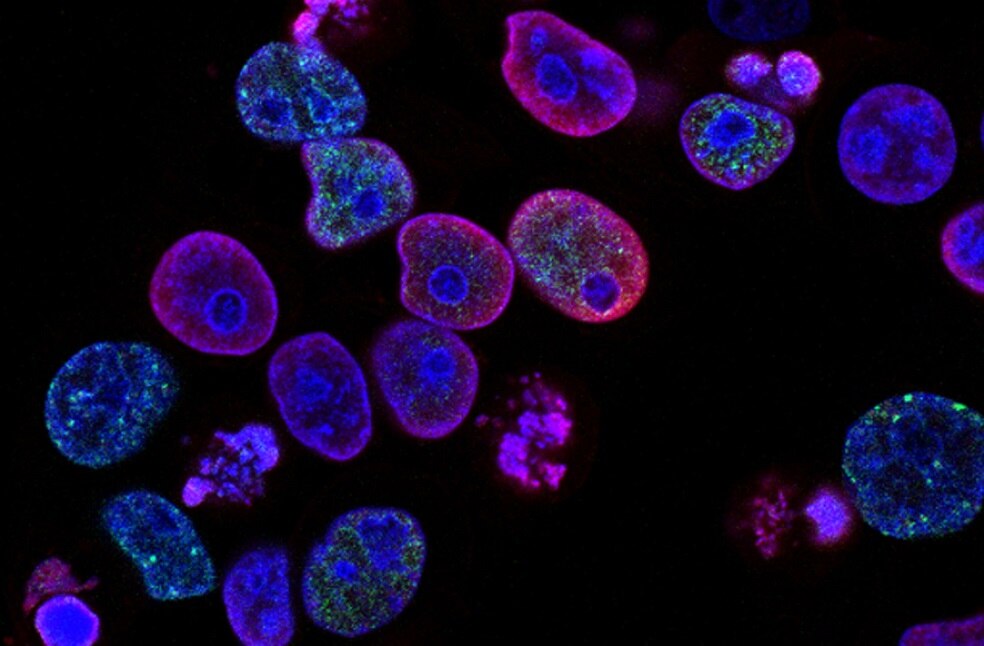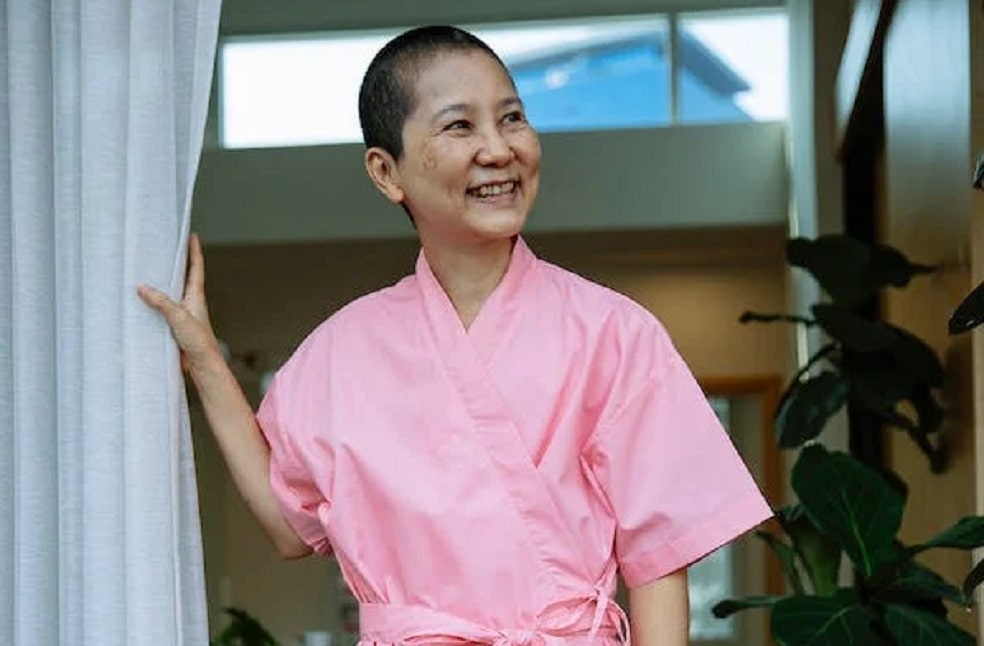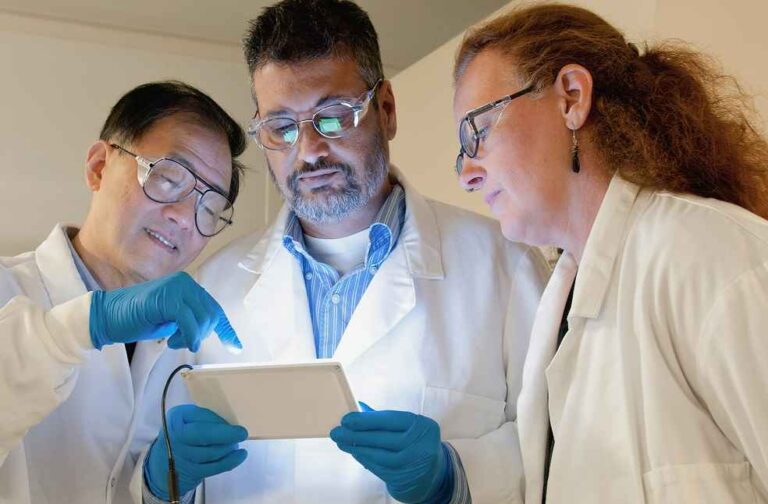United Kingdom: A new study has suggested that a blood test for more than 50 forms of cancer could help speed up diagnosis and fast-track patients for treatment.
NHS trial results of the liquid biopsy, published at the world’s largest cancer conference in the US, suggest the Galleri blood test has the potential to spot and rule out cancer in people with symptoms.
The liquid biopsy test functions by detecting minuscule fragments of tumor DNA in the bloodstream. It notifies physicians if a cancer signal has been detected and predicts the likely origin of that signal within the body.

Although experts lauded the trial’s results, cautioning that further research is necessary before implementing the test into healthcare systems, the implications are significant. The Symplify study, led by the University of Oxford, enrolled 5,461 individuals in England and Wales who had been referred to hospitals by their general practitioners due to suspected cancer. These findings are being presented at the annual meeting of the American Society of Clinical Oncology in Chicago.
During the study, the test accurately identified two-thirds of cancers among the participants. Additionally, in 85 percent of positive cases, it successfully determined the primary site of cancer. Notably, the test demonstrated higher accuracy rates in older patients and those with more advanced stages of cancer.

Professor Mark Middleton, an experimental cancer medicine expert at Oxford who oversaw the trial, expressed optimism regarding the test’s potential to identify individuals who are not currently referred urgently for cancer investigations during their GP visits but may require testing.
Furthermore, Mr. Middleton emphasized that the test could accelerate diagnosis in cases where the appropriate rapid diagnostic pathway is uncertain.
“The first use case above has the potential to diagnose cancers earlier; the second and third have the potential to help achieve cancer targets (and therefore reduce waiting for patients) by reducing the overall number of tests needed to diagnose cancers,” the researcher added.



